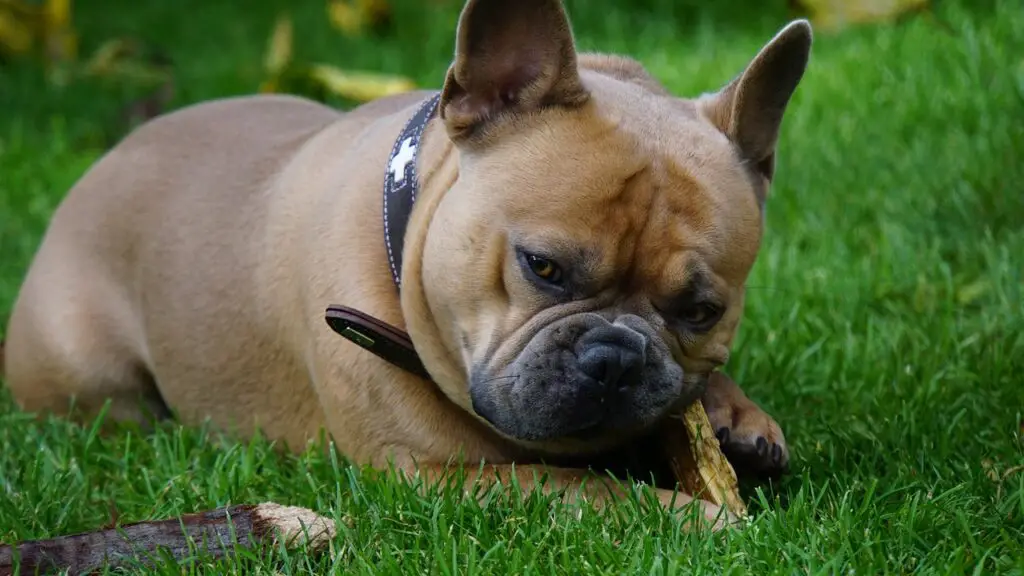Introduction
Embarking on the journey of owning a pitbull puppy can be truly rewarding. These loyal, strong, and intelligent dogs have a lot to offer as friendly companions. However, it is crucial to provide them with proper training to ensure their good behaviour and well-mannered nature. One behavioural issue that often arises with pitbull puppies is biting.
In this article, we will know effective methods about how to train a pitbull puppy not to bite. We will cover essential training techniques, emphasize the significance of socialization, and offer useful tips for managing biting behaviour. Let’s begin!
How to train a pitbull puppy not to bite
Understanding pitbull puppies
By nature, pitbull puppies are energetic and playful. They possess strong jaws and tend to explore the world through mouthing and biting. It’s important to comprehend that biting is a natural behaviour for puppies. However, it is essential to teach them appropriate ways to interact and discourage aggressive biting.
Why do pitbull puppies bite?
There are various reasons why pitbull puppies engage in biting behaviour, such as teething, exploration, or seeking attention. Understanding the underlying causes can greatly assist in addressing and modifying their behaviour effectively.
Training techniques to prevent biting
1. Establishing clear boundaries and consistency
Training a pitbull puppy successfully requires the establishment of a consistent set of rules and boundaries. Set clear guidelines regarding acceptable behaviour and ensure that everyone in the household follows them consistently. This approach will help the puppy understand what is expected of them and significantly reduce the likelihood of biting incidents.
2. Harness the power of positive reinforcement
Positive reinforcement is an incredibly powerful tool in training any dog, including pitbull puppies. By rewarding your puppy with treats, praise, and affection when they exhibit non-biting behaviour, you reinforce positive actions and encourage them to repeat those behaviours.
3. Redirect biting behaviour
When your pitbull puppy begins to bite, it’s important to redirect their attention to an appropriate toy or chewable item. Make sure to keep a selection of safe chew toys and bones readily available. Whenever your puppy attempts to bite, replace your hand or clothing with a toy. This way, they learn that biting toys is acceptable while biting humans is not.
4. Utilize engaging toys and chewable
Providing a wide variety of toys and chewable can help satisfy your pitbull puppy’s natural urge to chew. Opt for sturdy toys that are specifically designed for aggressive chewers. Rotate the toys to keep them engaged and prevent boredom. Remember to choose toys of appropriate size to avoid any choking hazards.
5. Socializing your pitbull puppy
The role of socialization in shaping your pitbull puppy’s behaviour cannot be overstated. Socialization helps them become comfortable around people, other animals, and various environments. Early socialization significantly reduces the likelihood of fear and aggression-related behaviours, including biting.
6. Introduce your puppy to new experiences
Gradually introduce your pitbull puppy to different situations, sounds, and environments. Start with low-stress environments and gradually expose them to new experiences. Make this process positive and enjoyable for the puppy by using treats and praise to reinforce positive behaviour.
7. Encourage positive interactions with people and animals
Allow your pitbull puppy to interact with a wide range of people and animals in a controlled and supervised manner. Encourage positive interactions by rewarding your puppy when they display friendly behaviour. This will help them learn appropriate social skills and significantly reduce the likelihood of biting out of fear or aggression.
8. Effective management of biting behaviour
While training your pitbull puppy not to bite, it’s important to effectively manage their behaviour.
9. Supervision and monitoring
Always keep a close eye on your puppy, especially during playtime and interactions with others. If you notice signs of heightened excitement or aggression, intervene immediately to prevent biting incidents. Consistent supervision ensures the safety of your puppy and those around them.
10. Implement timeouts and ignore biting
If your pitbull puppy does engage in biting behaviour, it is crucial to respond appropriately. Give them a timeout by calmly and gently removing yourself or the object of their attention. This communicates that biting leads to the loss of attention or playtime. Additionally, ignoring your puppy for a short period can also reinforce that biting is not desirable behaviour.
11. Consider professional help
If your pitbull puppy continues to exhibit persistent or aggressive biting behaviour despite your efforts, it may be beneficial to seek professional help. An experienced dog trainer or behaviourist can provide tailored guidance and support to address specific issues and create a training plan suited to your puppy’s needs.
Conclusion
Training a pitbull puppy not to bite requires patience, consistency, and the power of positive reinforcement. By establishing clear boundaries, redirecting biting behaviour, focusing on effective socialization, and managing their behaviour, you can help your puppy develop into a well-mannered and gentle companion.
Always prioritize your puppy’s safety and seek professional help if needed. With dedication and the right training techniques, you can raise a pitbull puppy who is friendly, obedient, and brings joy to everyone’s life.
Faqs
Q1: Is it normal for pitbull puppies to bite?
A: yes, biting is a normal behaviour for puppies, including pitbulls. However, it’s important to train them not to bite humans or exhibit aggressive behaviour.
Q2: Can pitbull puppies be trained not to bite?
A: Absolutely! With proper training techniques, consistency, and positive reinforcement, pitbull puppies can be trained not to bite.
Q3: How long does it take to train a pitbull puppy not to bite?
A: the time required to train a pitbull puppy not to bite can vary depending on the puppy’s individual temperament and the consistency of training. It may take several weeks to months of consistent training to see significant progress.
Q4: should I punish my pitbull puppy for biting?
A: punishment is not recommended when training a pitbull puppy. It’s more effective to use positive reinforcement and redirection techniques to teach them appropriate behaviour.
Q5: Can socialization help prevent biting behaviour in pitbull puppies?
A: yes, socialization is crucial in preventing biting behaviour. Properly socializing your pitbull puppy from an early age helps them become comfortable around people and other animals, reducing the likelihood of fear or aggression-related biting incidents.


